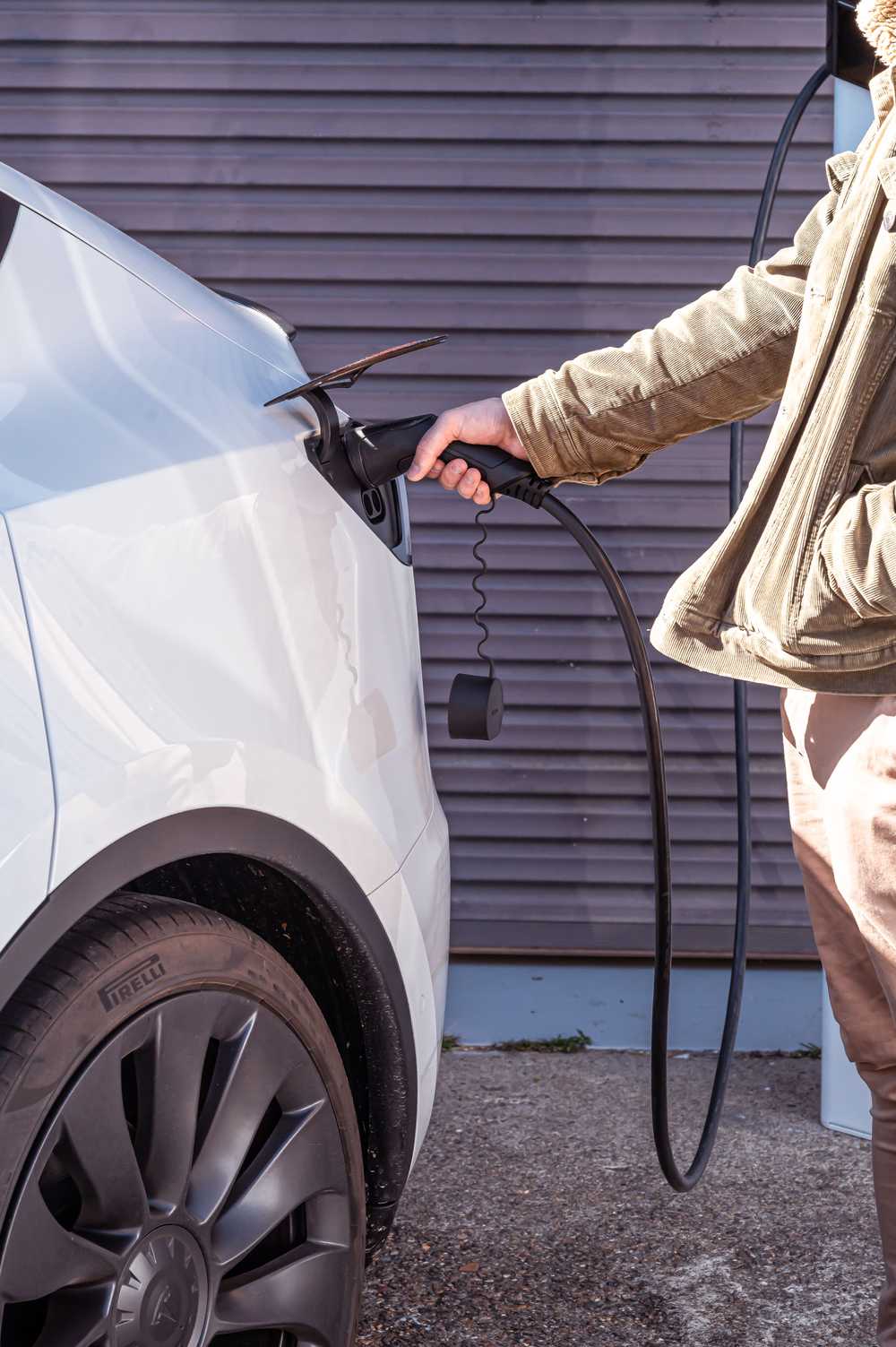Why an Electric Vehicle Is the Ideal Choice for Australians

Meeting Daily Driving Demands, Charging Times with 7.4kW AC Chargers, and Cost Comparisons to Petrol Vehicles More Australians are considering their next car purchase may find themselves wondering whether an EV is a practical choice for their daily needs. Drivers are questioning how an EV can meet their driving distance demands, and if the charging times when using an AC charger at home or the workplace will be sufficient. They are also comparing the cost of energy for EVs to that of petrol vehicles to help you make an informed decision.
Daily Driving Distance in Australia
According to the Australian Bureau of Statistics, the average Australian drives approximately 38km per day. This figure is well within the range of most modern EVs, which offer a range of 200km to over 500km on a single charge. For the majority of Australians, this means that daily commutes and errands can be comfortably covered with an EV without needing to recharge during the day.
Charging Times with an AC Charger at home or workplace
One of the primary concerns for potential EV buyers is charging times. While public fast-charging stations can often provide a quick top-up, many EV owners prefer the convenience of charging their vehicle at home or work using a Level 2 charger, such as a 7.4kW AC charger.
Charging times depend on the vehicle’s battery capacity and the charging rate. With a 7.4kW AC charger, most EVs can fully charge their battery in 4 to 12 hours, depending on the battery size. For instance, a vehicle with a 50kWh battery will take approximately 7 hours to charge fully. This means that, for most Australians, charging the vehicle overnight or during work hours should be more than sufficient to meet their daily driving needs.
Cost of Energy: Electric vs. Petrol
Switching to an electric vehicle can lead to significant cost savings over time. In Australia, the cost per kilometer for an EV is approximately $0.04 to $0.06, while petrol vehicles range from $0.12 to $0.14. Additionally, home charging, especially during off-peak hours, can result in even lower energy costs, making EVs an attractive option for budget-conscious drivers.
Moreover, maintenance costs for EVs are generally lower than those for petrol vehicles, as they have fewer moving parts, require less frequent servicing, and have longer-lasting components. This results in a lower total cost of ownership, making EVs an appealing choice for long-term savings.
For Australians considering a new vehicle, an electric vehicle is a practical and cost-effective choice that can easily meet their daily driving demands. Charging at home or work with a 7.4kW AC charger provides ample opportunity to recharge the battery, ensuring the vehicle is ready for use when needed. With lower energy and maintenance costs compared to petrol vehicles, an EV is not only a greener option but also a wise financial decision. By choosing an electric vehicle, you can enjoy the benefits of sustainable transportation while saving money in the long run.